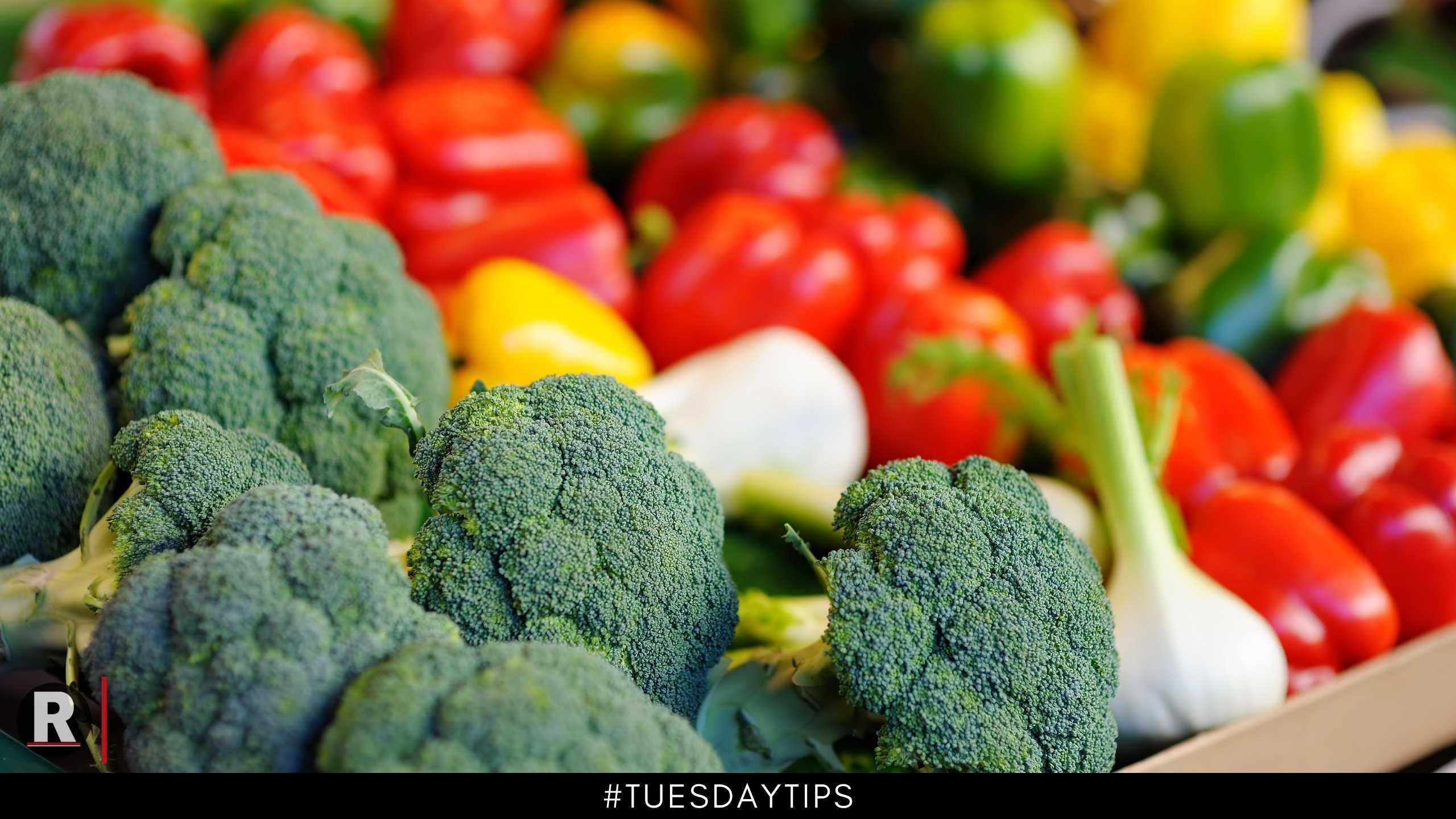They’re here! Brood X (one of 15 types of cicadas) has officially taken over the Mid-Atlantic Region in staggering numbers, living up to their promise of producing 1 million per acre. They began to emerge when the soil temperature reached about 64 degrees and will be here well into the summer as they reproduce the next generation, die off, and remerge again in 17 years. Long story short, cicadas are NOT harmful to people or pets according to The University of Maryland College of Agriculture and Natural Resources—they don’t bite, sting, they aren’t venomous, and won’t infest your home. The only damage they are capable of doing is causing harm to young trees during the egg-laying process. However, they certainly are a nuisance if you’re trying to enjoy your outdoor spaces this summer, and we’ve made this list to help you survive cicada season!
- Do Not Use Pesticides: Cicadas AREN’T harmful to people and pets, and aren’t really that harmful to most plant life. In fact, cicadas are essential to our local ecosystem, causing a massive boom in wildlife that transfers up the food chain for the next several years. Most pesticides take too long to have an effect on cicadas anyway—their mating and egg-laying window are so short that any pesticide you spray won’t kill them off, they’ll naturally just die anyway. Spraying chemicals are extremely harmful to all the wildlife that eat cicadas. You’ll just have to let nature take its course on this one!
-
Track Them With The App: Use the Cicada Safari app created by Mount St. Joseph University to keep tabs on cicada emergence in your area. The app is a crowd-sourced live map of cicada populations. If you see cicadas, you can snap pictures and contribute to the app’s map.
-
Don’t Plant Trees: Cicadas split open small tree branches and lay their eggs in them, causing a lot of thin twigs to die off—a severe impact on a growing tree. This isn’t usually a problem for mature adult trees, but you should always avoid planting trees in the six months before a large cicada emergence.
-
Wrap Your Trees: If you already have young trees, cover them with fine netting or cheesecloth which will protect them from the onslaught of egg-laying insects. Trees under 10 feet tall should be wrapped in mesh or netting.
-
Watch Your Pets: Some pets love eating cicadas, it’s in their nature to feast just like the rest of the ecosystem! Even though it’s not that harmful, dogs can sometimes have a difficult time digesting them.




 By submitting information, I am providing my express written consent to be contacted by representatives of this website through a live agent, artificial or prerecorded voice, and automated SMS text at my residential or cellular number, dialed manually or by autodialer, by email, and mail.
By submitting information, I am providing my express written consent to be contacted by representatives of this website through a live agent, artificial or prerecorded voice, and automated SMS text at my residential or cellular number, dialed manually or by autodialer, by email, and mail.


